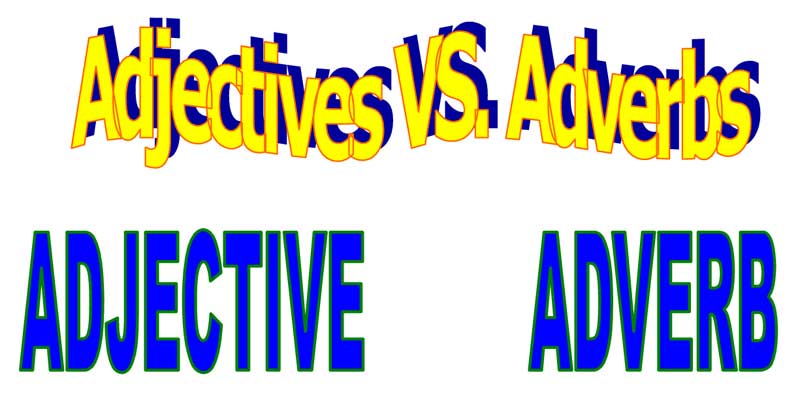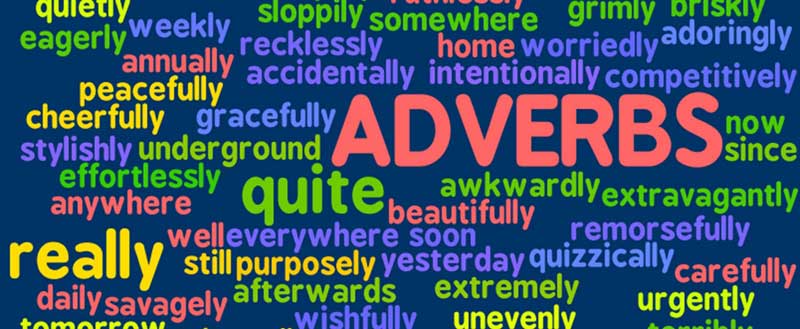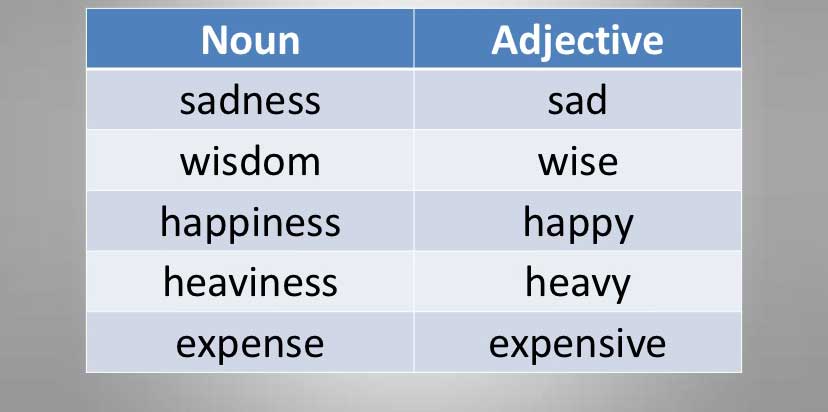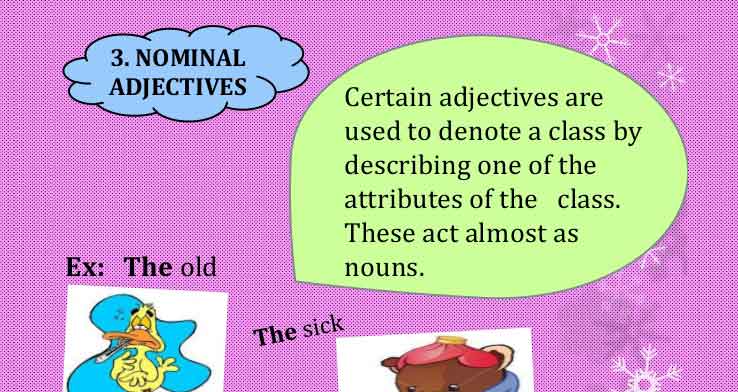
Would you like … ? = Do you want … ? Biz “Would you like … ?” ifadəsini kiməsə nəsə təklif etmək üçün istifadə edirik. Məsələn: – “Would you like…

Prepositions cannot be distinguished by any formal features. A list of prepositions will illustrate this point: across, after, at, before, by, during, from, in, into, of, on, to, under, with,…

A special subclass of adverbs includes a set of words beginning with wh- prix maca viagra naturel. The most common are when, where, and why, though the set also includes…

Additives “add” two or more items together, emphasizing that they are all to be considered equal: [1] Lynn’s prewar success had been as a light historical novelist; he employed similar…

Many adverbs convey information about the manner, time, or place of an event or action. MANNER adverbs tell us how an action is or should be performed: She sang loudly…

Adverbs and adjectives have important characteristics in common — in particular their gradability, and the fact that they have comparative and superlative forms. However, an important distinguishing feature is that…

Adverbs are used to modify a verb, an adjective, or another adverb: [1] Mary sings beautifully [2] David is extremely clever [3] This car goes incredibly fast In [1], the…

We saw in an earlier section that many adjectives can be identified by their endings. Another major subclass of adjectives can also be formally distinguished by endings, this time by…

We have seen that attributive adjectives occur before a noun which they modify, for example, red in red car. We need to distinguish these clearly from nouns which occur in…





